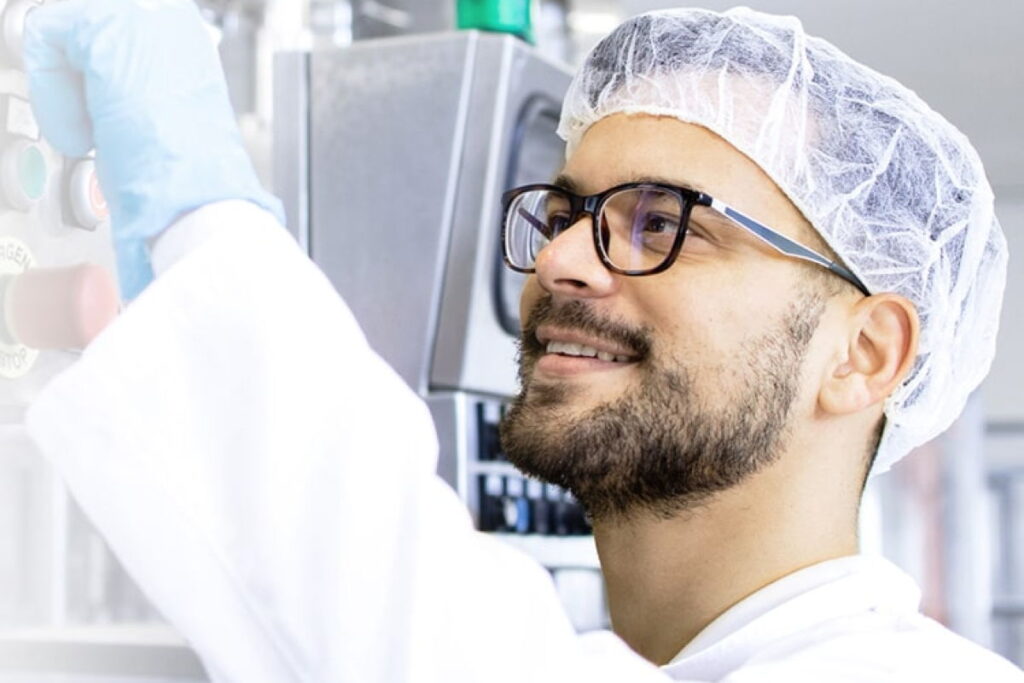PACE NONCREDIT COURSE:
Sterile Processing Technician
Areas of Study
Course Type

Overview
Hours: 264 | Duration: 8 months
The Sterile Processing Technician Training is designed to help you build a strong foundation in healthcare knowledge and skills, from an understanding of how HIPAA regulations apply to your work to standard sterile processing procedures. Your coursework will also help prepare you to sit for the Certified Registered Central Service Technician (CRCST) exam offered through the Healthcare Sterile Processing Association (HSPA) so you can become a certified sterile processing technician.
Curriculum
Sterile Processing Technician Program Outline
The Sterile Processing Technician Online Program consists of 8 courses that cover the fundamental knowledge and skills that are relevant to working in healthcare and the sterile processing field.
Program Orientation: Sterile Processing Technician
- Identify the elements, expectations, and requirements of the program.
- Learn to navigate the program.
- Use the program tools.
- Identify and use program resources.
Digital Technology
- Have a basic understanding of the internet and evaluated hardware.
- Understand and be able to use various programs and apps.
- Be able to explain privacy and digital security in digital technology.
- Describe the fundamentals of input and output.
- Have an understanding of network devices.
- Use technology to help you find a career.
Comprehensive Medical Terminology
- Define medical terminology and describe the origin of medical terminology.
- Identify the four major word parts used in medical terminology.
- Discuss the relevance of medical terminology in terms of how it correlates to service quality in the operative environment and the identification of surgical procedures.
Anatomy and Physiology
- Identify the structures, locations, and functions of major body systems and the organs that comprise them.
- Explain how the organs of the major body systems interact and maintain homeostasis.
- Compare various risk factors leading to high mortality and morbidity.
- Describe the components of cell structure and their functions.
- Summarize how infectious agents affect cellular growth and function.
- Define basic anatomical terms.
Sterile Processing Foundations
- Understand the roles of a central service technician.
- Apply HIPAA regulations as well as other regulations and standards in the central service department.
- Practice aseptic technique and infection prevention.
- Comply with safety standards.
Participate in teamwork as well as personal and professional development.
Practical Applications of Sterile Processing
- Clean and disinfect instruments.
- Describe surgical instruments.
- Identify different packaging and assembly procedures for medical devices.
- Identify the various inventory replenishment systems and how they’re utilized in central service.
- Discuss how ancillary services and regulatory agencies support central service.
- Identify the information systems that support central service.
Career Success in Healthcare
- Assess and develop time-management skills.
- Develop plans to enhance creative and critical thinking.
- Learn the basics of professional communication.Program Completion: Sterile Processing Technician
Prepare to finish your course in Sterile Processing.
Course Requirements